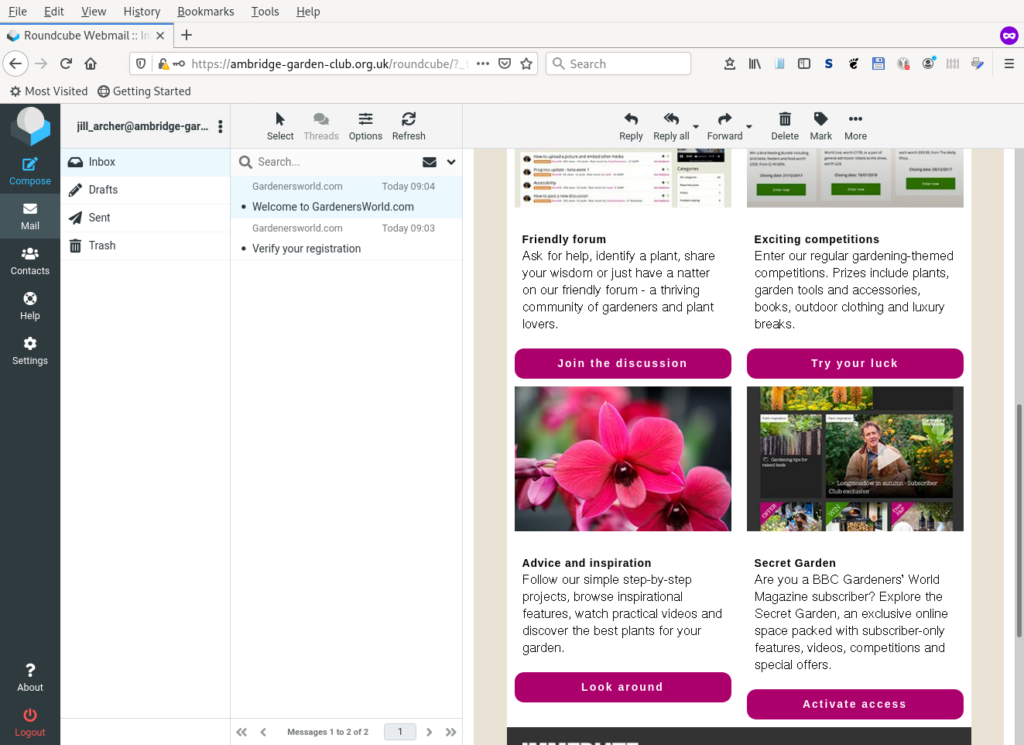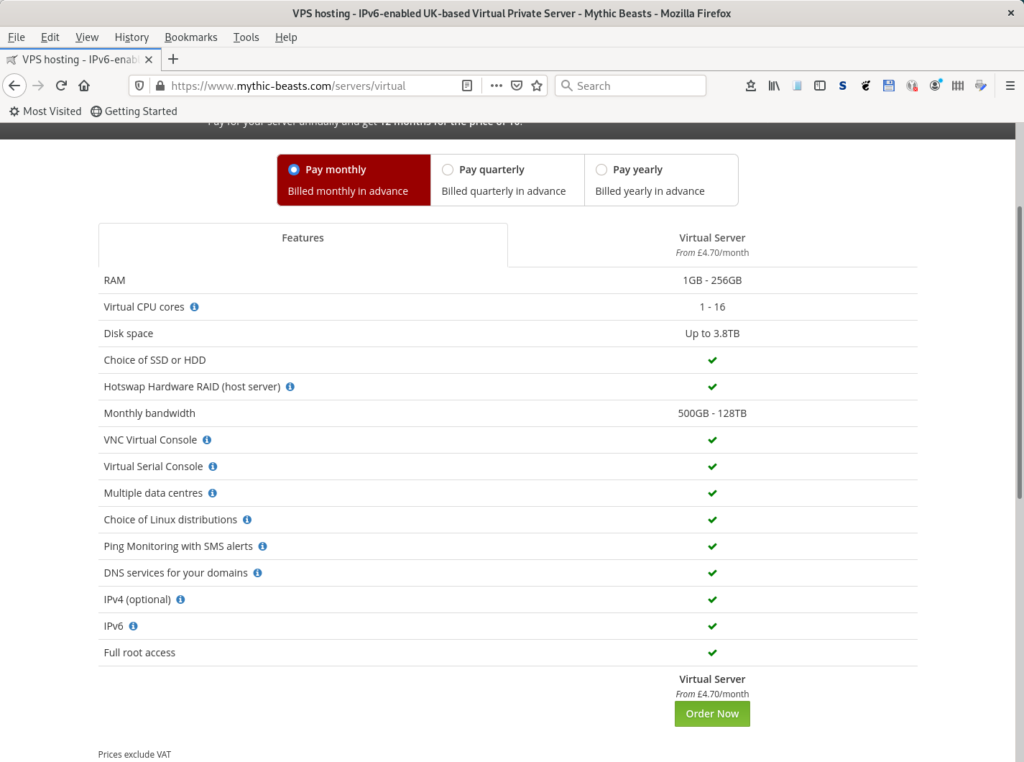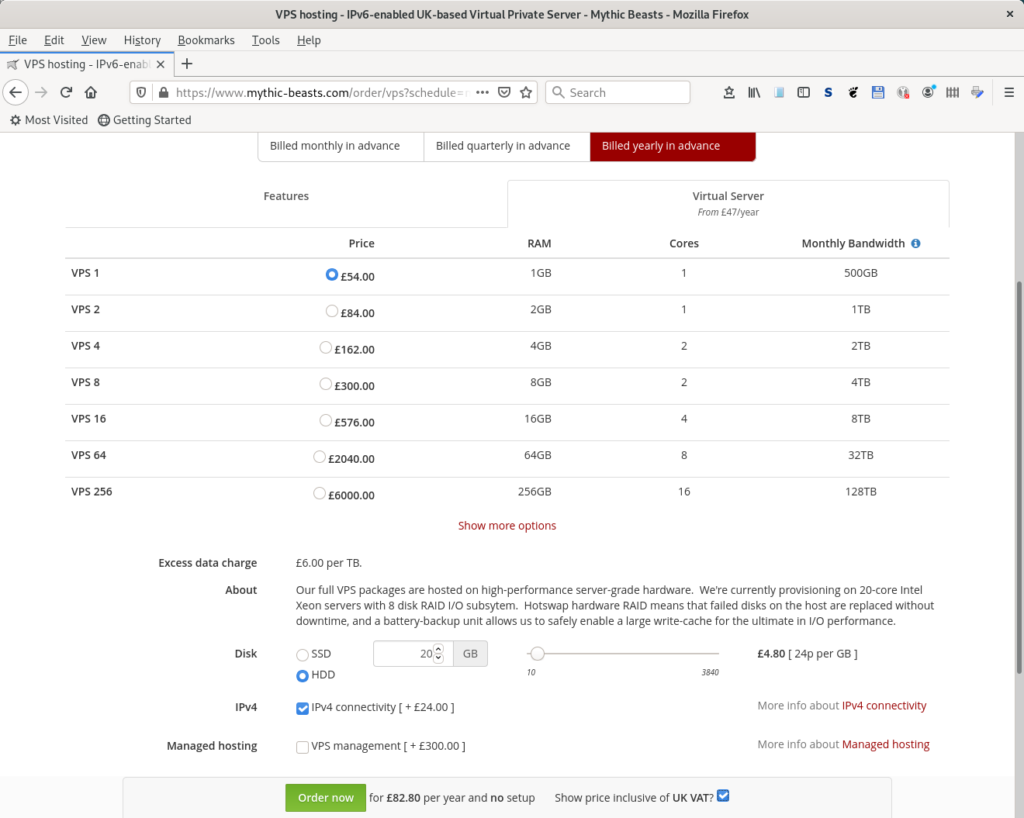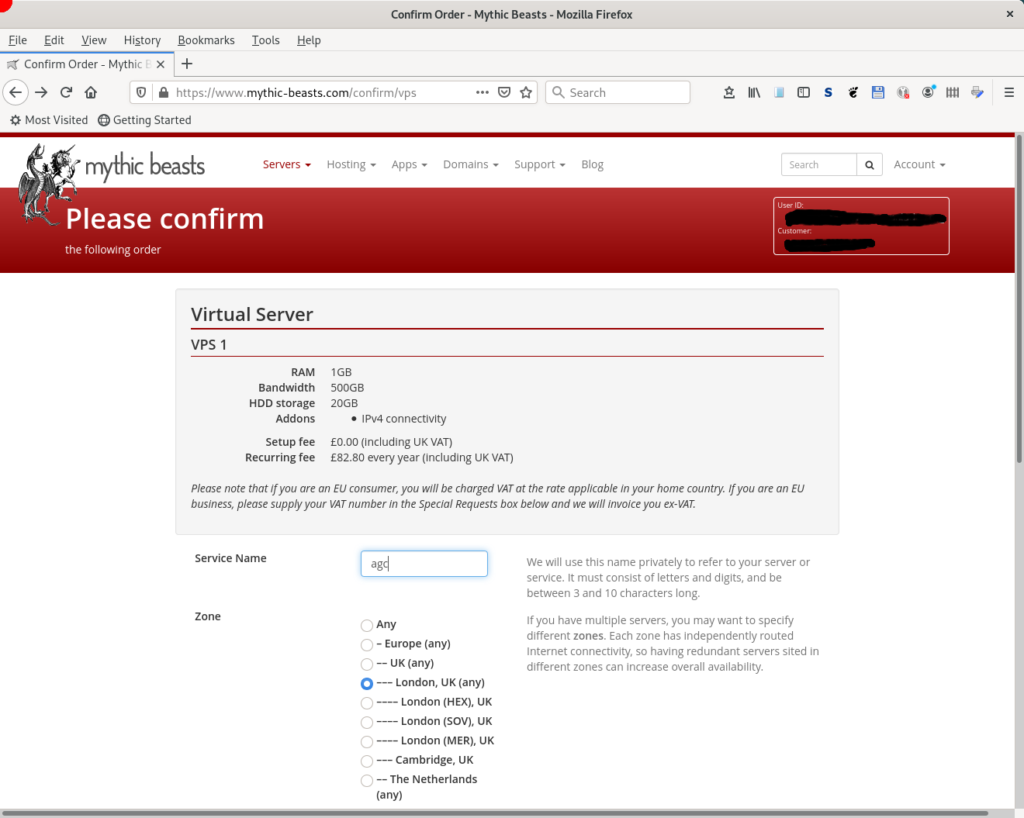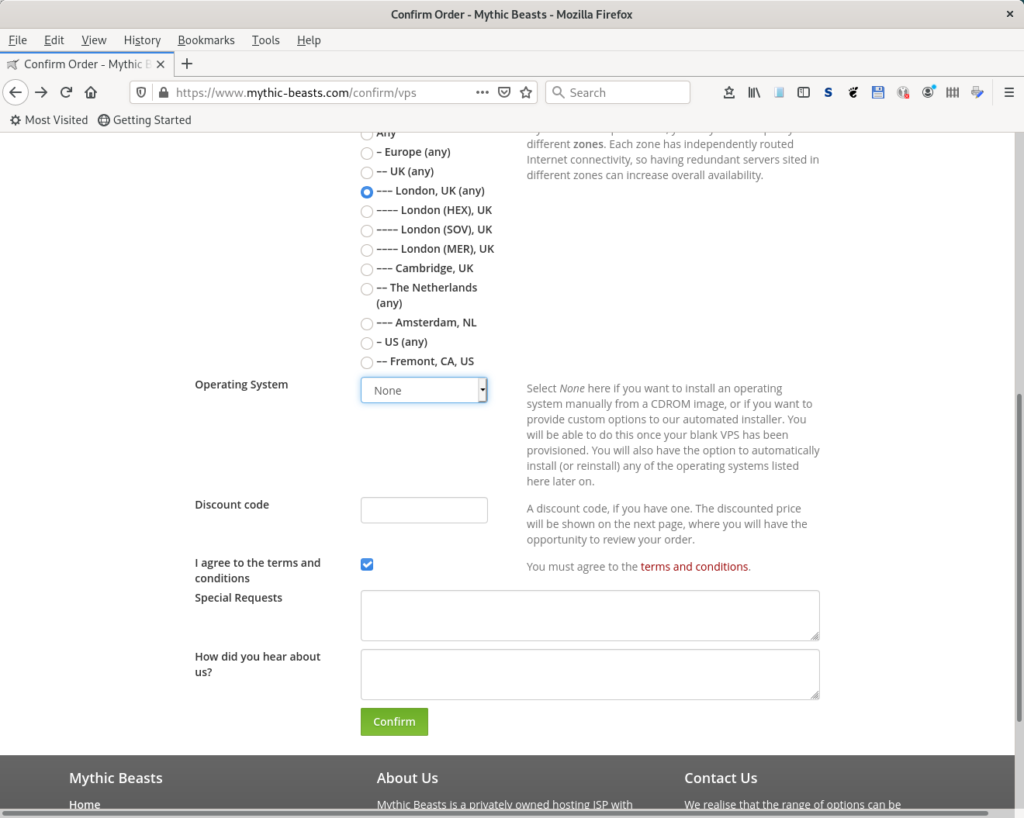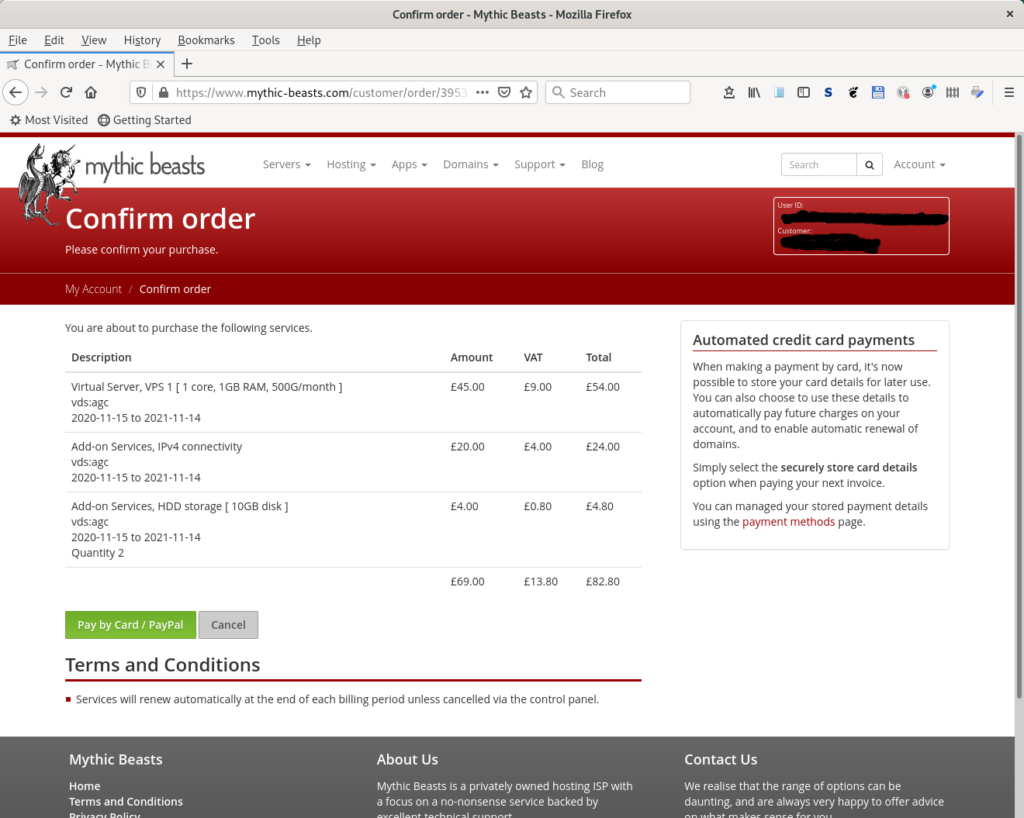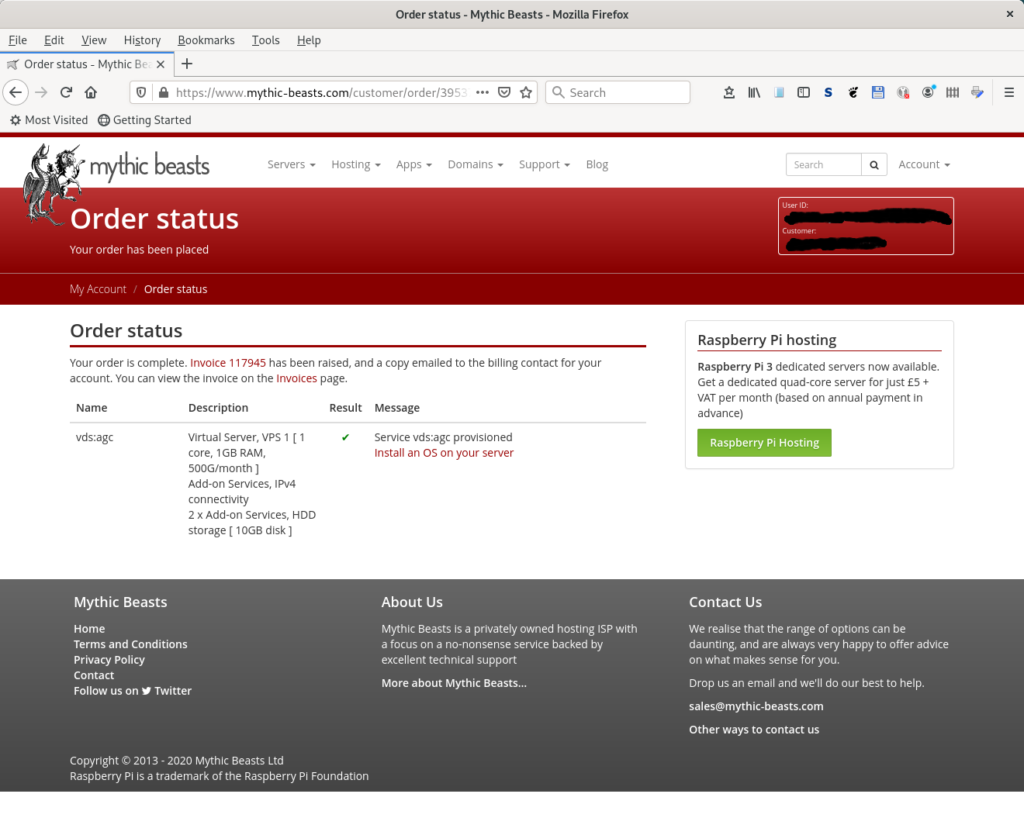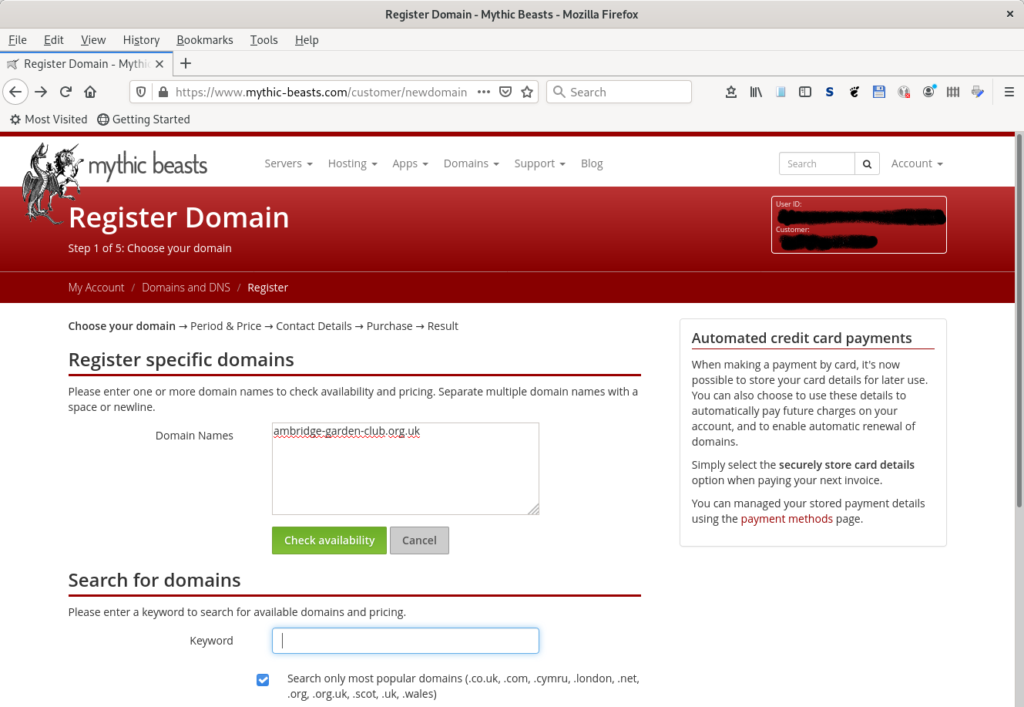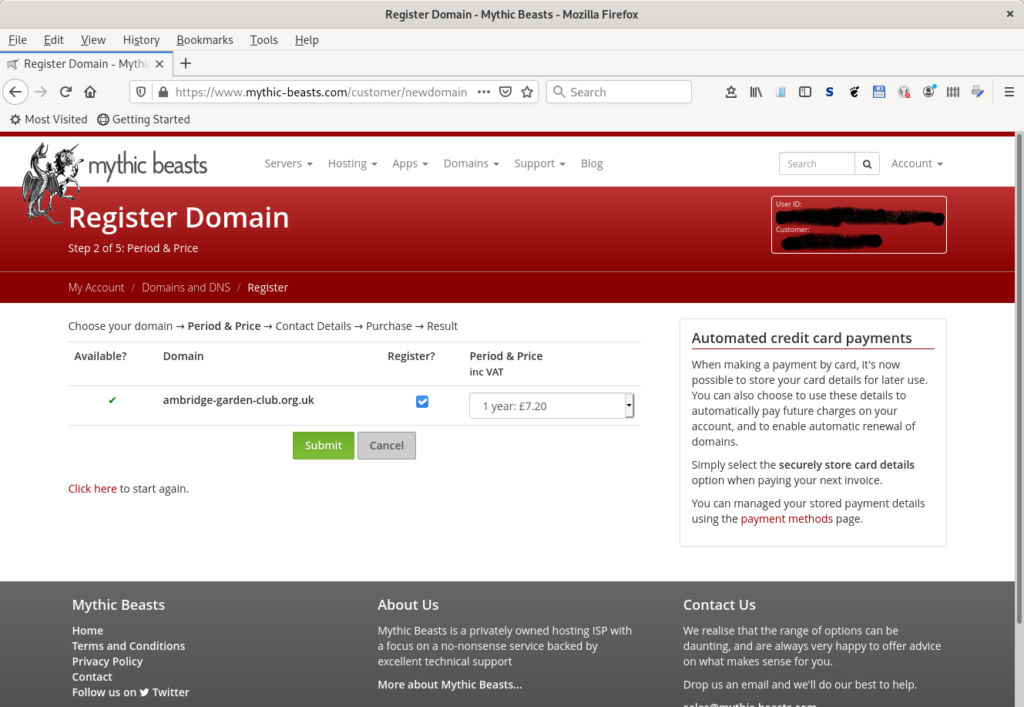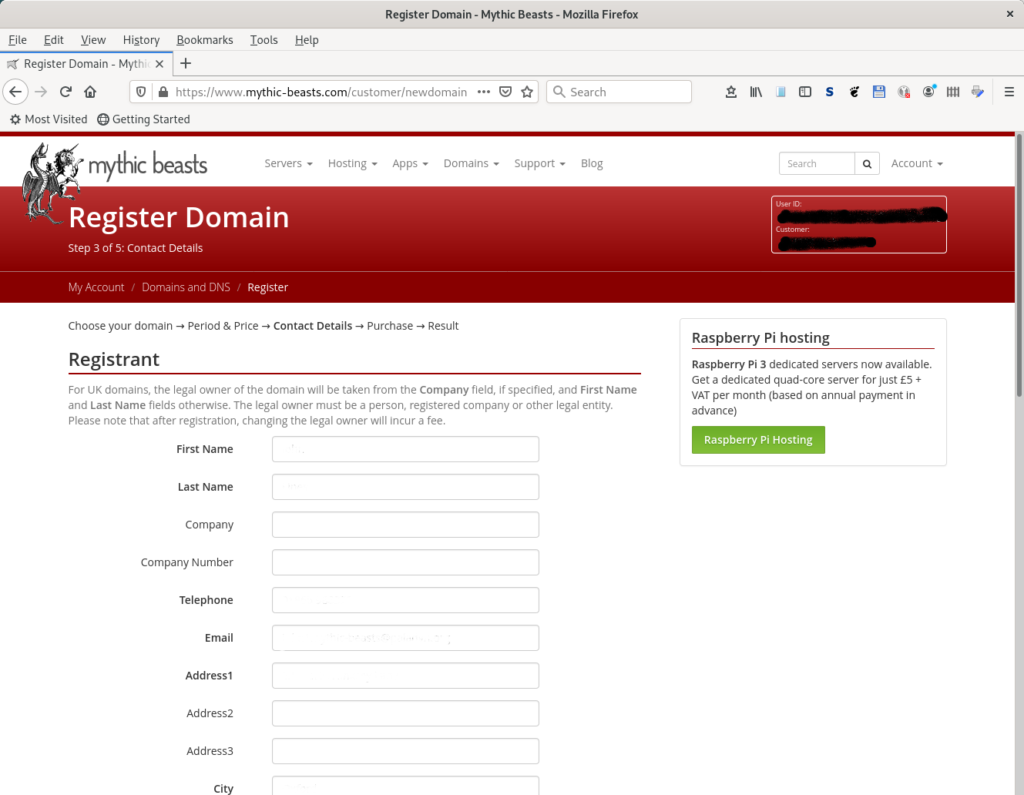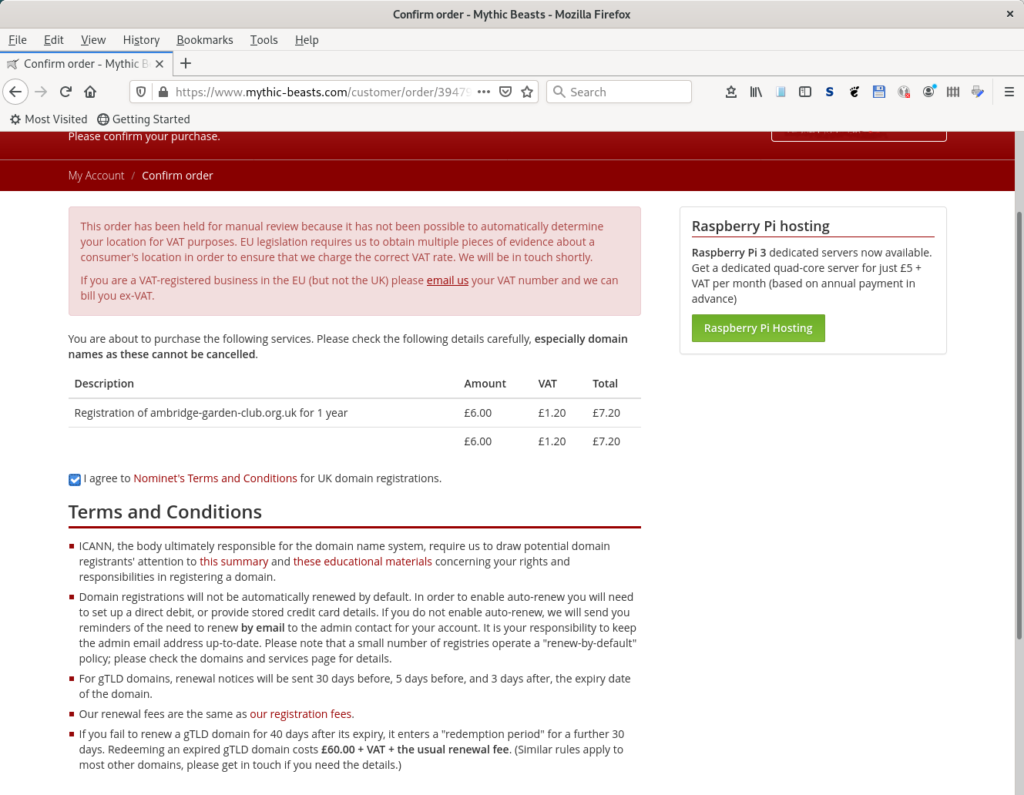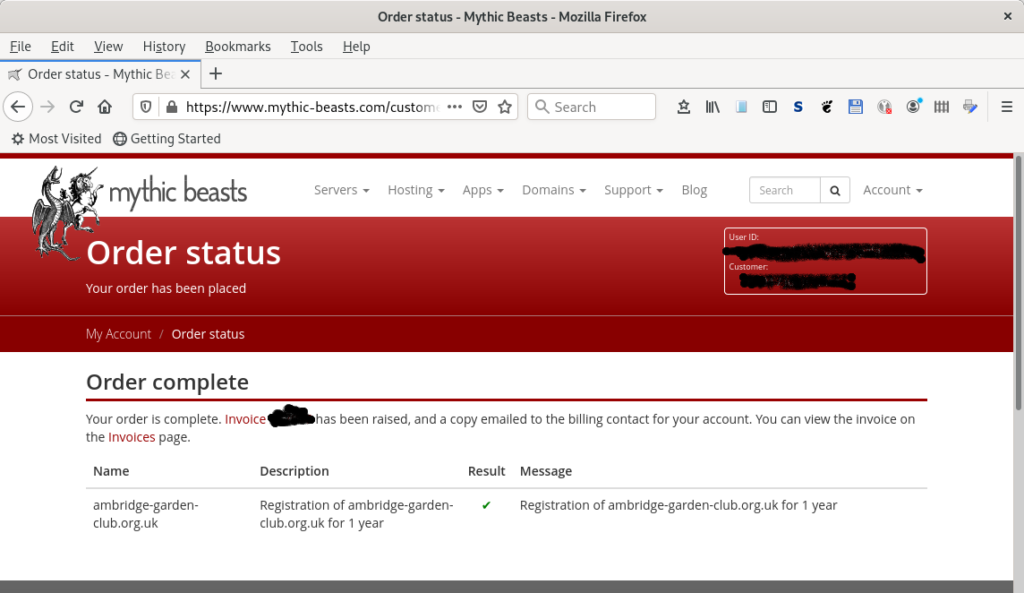I am in search of a charity, or charitable trust, whose purpose is to promote access to, and ability to manage information, knowledge and communication for all people. This should include, but not be limited to, Free Libre and Open Source Software, Federated open data protocols, repositories of knowledge and systems and groups which preserve, organise and publish any of these things.
Unfortunately, for tax purposes, or fortunately (for all other reasons), open knowledge flows freely around the world, and statistically I would expect most of the places where financial support would be of help are located outside the UK. Many are tax deductible in their parent countries.
This is a work in progress, which I hope to update, particularly if I find good UK charities in this area.
Examples of organisations or ideas I would like to support
Note that the order is random, not in any order of preference, and that I have not done a deep investigation into the activities or finances of any of these. Several are U.S. 501(c)(3) organisations, which are tax deductible in the US, or equivalents in their own countries.
The Mozilla Foundation
They support a number of initiatives looking at how the Internet affects peoples lives – and are a US 501(c)(3) foundation.
Humanitarian OpenStreetMap
Using Open Map and GIS technology – US 501(c)(3). I am a member of OSMUK who are a non-profit rather than a charity.
Open Knowledge Foundation
UK based non profit company and do not appear to be a UK charity, but US 501(c)(3)
Software Freedom Conservancy
Provides a non-profit home and infrastructure for FLOSS projects, including Inkscape, Evergreen, LibreHealth (and many more but these examples are more focused on delivery benefits to people outside the computing field). Their main focus is, however, on GPL enforcement, important in the wide scheme of things, whereas my focus is on making free and open systems more widely available and used.
International Free and Open Source Solutions Foundation
501c3 non-profit organization, with the mission of advancing the research, development, and use of open technologies to empower people and societies around the world. I like their Asset-Based Community Development model.
International Umbrella organisations
There are organisations working towards open information at an international level which are not charities. Some of these are resources pointing to actual organisations in this area.
UK Free and Open Information Charities
Some organisations I support are UK Charities, which are working in the field of making knowledge more open.
Wikimedia UK
The UK branch of Wikimedia – the organisation behind Wikipedia, is a charity, number 1144513.
Global Change Data Lab
They publish Our World in Data – a huge collection of publicly accessible data.
UK Umbrella organisations
These are organisations which are UK based, not charities, nor seeking funding but supporting charitable endeavors, or
Open UK
UK not for profit, industry organisation and advocacy body. Social media presence on Twitter. Mostly promoting Open Source within businesses. They expect supporters to belong to a company.
Social Tech Trust
They give grants to help use technology to drive social change, though it is hard to tell from their reports how much of this is empowering people to use the existing IT monopolies better (not necessarily a bad thing, it is better for someone to understand how to make good trust decisions about information on Facebook (for example) than just accept all information from the Internet as equally valid). Their social media presence is on Linkedin, Twitter and Medium.com
Web Science Trust
Based at the University of Southampton, they have an academic focus, and Social Media presence on Facebook ant Twitter, but do not seem to be aware of the Fediverse.
Overseas giving links
The following links provide further information for UK residents on making overseas donations
https://www.charitytaxgroup.org.uk/tax/cross-border-giving/
https://www.transnationalgiving.eu/ – this seems a good idea as a way for charities in Europe (which still seems to include the UK) to make it easier to allow donations from other countries, however many charities, such as Framasoft are not members and concerned about administrative overhead of joining.
https://www.cafonline.org/my-personal-giving/plan-your-giving/donating-overseas
The good thing about the Charities Aid Foundation is that they are a charity themselves.
Supporting Small Organisations on the Internet.
The charity which fits my values best would be one which offered assistance to enable small charitable organisations to have an independent internet presence, as described in Small Organisation Server -The Target. It could provide grants and assistance towards initial setup and some level of documentation and support. Organisations which are not charities, such as the hypothetical Ambridge Garden Club, would not be eligible for the grants, but increasing the online support for such systems would help them too.
